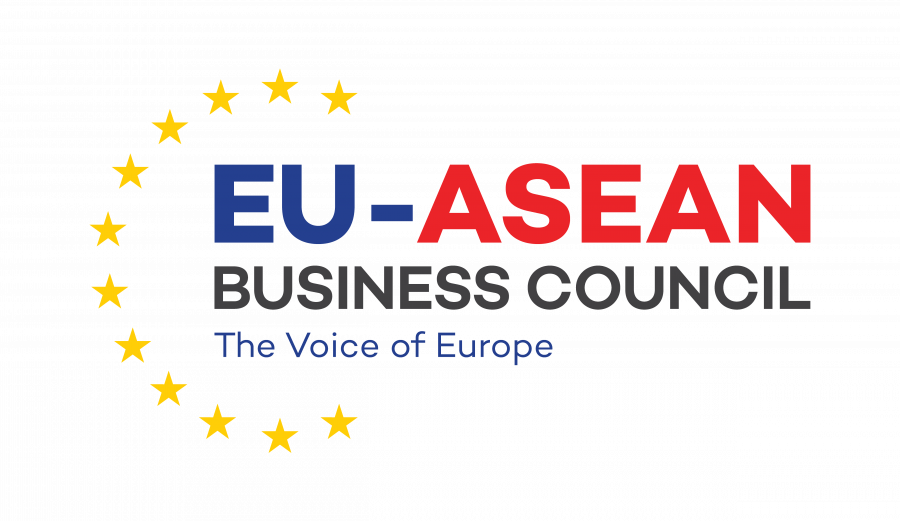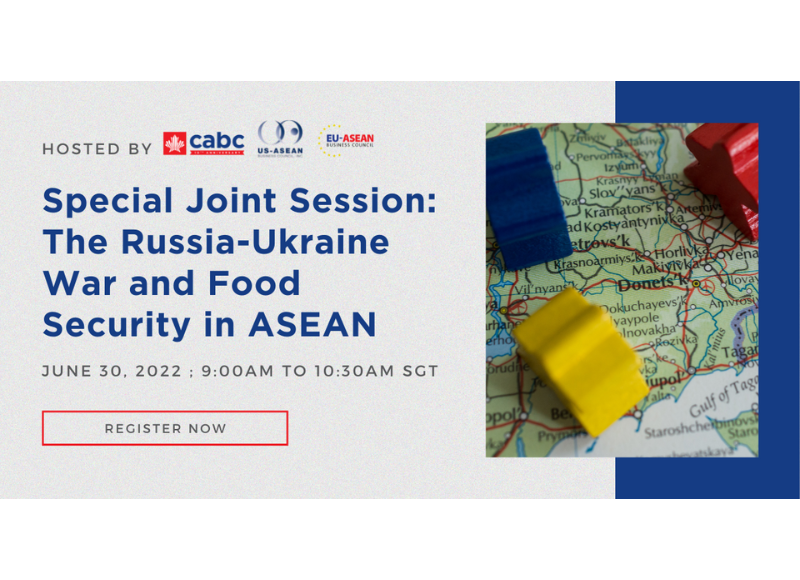Russia and Ukraine combined account for nearly a third of the world’s cereal exports, and Ukraine is also a core supplier of corn and sunflower oil. The ongoing Russian invasion of Ukraine has created massive shocks in the global food system, revealing problems of import dependency and vulnerability of national food systems worldwide. Demonstrated by the dramatic rise in food and agricultural input prices – a 30% rise in international prices for wheat and barley, a 60% increase in rapeseed and sunflower oil prices, and a significant hike in fertilizer prices projected in the first half of 2022. This has major implications for countries in their ability to feed their populations and maintain the inputs required for agricultural activities.
While the effects are yet to be completely realized in Southeast Asia, many countries that are already strained for food supply amidst growing demand will be the hardest hit. This will require new policy responses to ensure sufficient food supply and trade diversification to other leading agricultural producers to fill the supply gap.
Canada, the U.S., and EU countries such as France are the largest producers and exporters of wheat globally, while Canada is also the world’s largest producer and exporter of potash. Increased exports to Southeast Asia could potentially respond to an acute food crisis in Southeast Asia, while long-term supply chain integration could protect against future shocks. However, in a global food crisis, the capacity of North American and European partners to respond is dependent on a variety of internal and external factors.
In this event, we will explore the implications of the Russian invasion of Ukraine on food security in Southeast Asia. We will examine potential challenges for ASEAN countries and the related geopolitical ramifications. We will also assess the capacity of Canada, the U.S., and the EU to support Southeast Asia and ensure its short and long-term food security.
Discussion Topics:
- What are the implications of the Russian invasion of Ukraine on food supply chains in Southeast Asia?
- Due to disrupted supply chains, what challenges are Southeast Asian countries likely to face in the coming 6-12 months?
- What is the capacity of Canada, the U.S., and European countries to respond to potential food shocks? Is it possible to increase the necessary supply of exports? Do existing supply chains support this?
Programme
9.00am – 9.05am
Opening by CABC & Photo
9.05am – 9.15am
Keynote Remarks by H.E. Satvinder Singh, Deputy Secretary-General, ASEAN Economic Community
9.15am – 9.25am
Presentations: Analysis on the Impact of the Russia-Ukraine War on Southeast Asia’s Food Security by Dr. Paul Teng Piang-Siong, Adjunct Senior Fellow, Centre for Non-Traditional Security Studies, and Managing Director & Dean, NIE International Pte. Ltd.
9.25am – 10.25am
Roundtable Discussion: How can Canada, the U.S., and the EU mitigate the effects of the Russia-Ukraine War on Southeast Asia’s Food Security?
Speakers:
- Steven Okun, Senior Advisor, McLarty Associate
- Peter Mumford, Practice, Southeast & Head (South, Asia), Eurasia Group
- Jason Newton, Chief Economist and Head of Market Research, Nutrien
- Daniel Ramage, Director of Market Access and Trade Policy, Cereals Canada
10.25am – 10.30am
Closing
Find out more about the event here!

